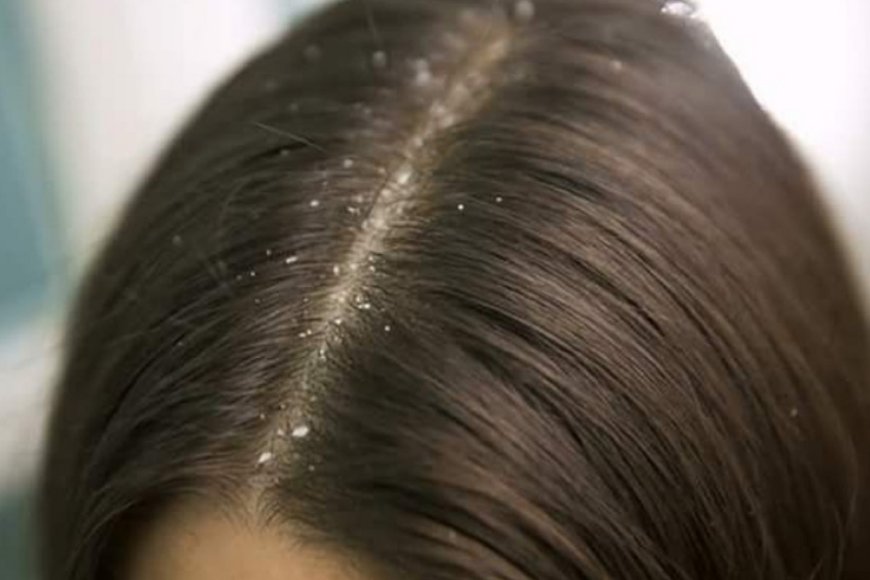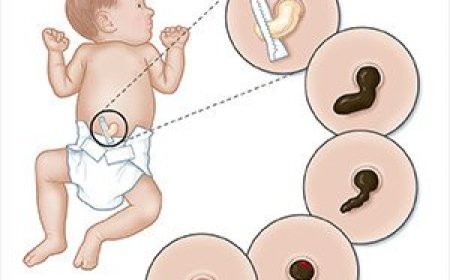Dandruff

Signs and Symptoms:
Imagine you wake up one morning, look in the mirror, and see tiny white flakes scattered all over your hair and shoulders. That's dandruff! It's like nature's way of sprinkling snow on your head, but not as magical. Dandruff causes your scalp to become itchy, and when you scratch it, more of those tiny white flakes fall down. Sometimes, it can even lead to red, irritated patches on your scalp.
What is Dandruff?
Dandruff is a common scalp condition that many people face. It occurs when your scalp produces too many dead skin cells, leading to flaking and itching. But don't worry, it's not a dangerous or contagious condition, just a bit annoying!
How is Dandruff Classified?
Dandruff is generally classified based on its severity. It can be mild, with only a few flakes, or more severe, with larger and more numerous flakes. Sometimes, dandruff can be associated with other conditions like seborrheic dermatitis or scalp psoriasis.
Causes and Triggers:
The exact cause of dandruff is not fully understood, but there are several factors that can contribute to its appearance. Some of them include:
- Dry Skin: In some cases, dry skin on the scalp can lead to dandruff. It's like when your skin gets dry and flaky during the winter months.
- Yeast Overgrowth: There's a tiny fungus called Malassezia that naturally lives on the scalp. But when it grows too much, it can cause dandruff. It's like when you leave a piece of bread out for too long, and mold starts growing on it.
- Oily Scalp: People with oily scalps may be more prone to dandruff. It's like when you use too much oil in your hair, and it becomes greasy.
Risk Factors:
Certain factors can increase the risk of getting dandruff. Here are a few examples:
- Age: Dandruff is more common in teenagers and young adults.
- Gender: Men tend to have dandruff more often than women.
- Season: Dandruff can get worse during dry, cold seasons.
- Certain Skin Conditions: If you have eczema or psoriasis, you might be more likely to experience dandruff too.
Types of Dandruff:
There are mainly two types of dandruff based on the appearance and cause:
- Dry Dandruff: This type of dandruff occurs when your scalp is too dry, and small, white flakes fall off easily.
- Oily Dandruff: Oily dandruff is caused by excess oil on the scalp, leading to larger, yellowish, and greasy flakes.
Diagnostic Tests and Treatments:
When you visit a doctor for dandruff, they will examine your scalp and may ask you some questions about your symptoms and lifestyle. They usually diagnose it based on the appearance and location of the flakes. No special tests are required most of the time.
Treatments:
Now comes the fun part! Treating dandruff can involve different methods, and your doctor will suggest the best one for you. Here are some common treatments:
- Anti-Dandruff Shampoo: Using special shampoos that contain ingredients like zinc pyrithione, ketoconazole, or selenium sulfide can help reduce dandruff.
- Medicated Creams: In severe cases, your doctor may recommend medicated creams or ointments to apply on your scalp to reduce inflammation and flakes.
- Natural Remedies: Some people find relief from dandruff using natural remedies like tea tree oil or aloe vera.
Complications of Dandruff:
Don't worry; dandruff itself is not harmful, but if you scratch your scalp too much, it could lead to skin infections. So, it's best to resist the urge to scratch like a cat with fleas!
Prevention Techniques:
Preventing dandruff is not always possible, but you can reduce its occurrence by:
- Regular Shampooing: Washing your hair regularly can help keep your scalp clean and reduce flakes.
- Healthy Diet: Eating a balanced diet with enough vitamins and minerals can promote a healthy scalp.
- Manage Stress: Stress can worsen dandruff, so try to stay relaxed and take breaks when needed.
dandruff is a common problem that many people face, and there's nothing to be embarrassed about. With proper care and treatment, you can easily tackle those snowflakes and enjoy a healthy scalp!
What's Your Reaction?
 Like
0
Like
0
 Dislike
0
Dislike
0
 Love
0
Love
0
 Funny
0
Funny
0
 Angry
0
Angry
0
 Sad
0
Sad
0
 Wow
0
Wow
0








































































